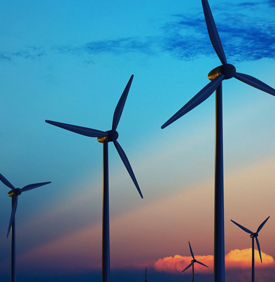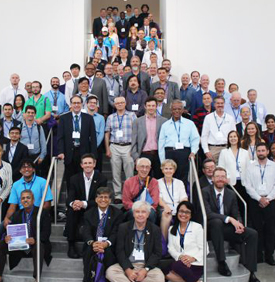
FESC RESEARCH
Learn more about our scholarly research and analysis of energy systems that contributes to a sustainable energy economy for Florida.

EDUCATION
Explore our education programs aimed at educating and producing a workforce trained to meet Florida's growing energy needs.

INDUSTRY
Private sector and other partners support and guide FESC's vision. Learn more about who they are.

ABOUT
Learn more about who we are and the adivsory board, faculty, leadership team, university leads, and oversight board that makes up FESC.
NEWS
2018 - FESC is working with the Florida Community College system as well as with the Florida Advanced Technological Education Center (FLATE), a National Science Foundation (NSF)-funded Regional Center that coordinates the design of industry-specific training programs for technicians.
EVENTS
State of the Union on Florida Energy
FESC May Workshop
FESC/IBM Professional Development Course
FESC/Polytech Conference
OUR MISSION
Through collaborative research and development across the State University System and the industry, the goal of the consortium is to become a world leader in energy research, education, technology, and energy systems analysis. In so doing, the consortium shall:
(a) Coordinate and initiate increased collaborative interdisciplinary energy research among the universities and the energy industry.
(b) Assist in the creation and development of a Florida-based energy technology industry through efforts that would expedite commercialization of innovative energy technologies by taking advantage of the energy expertise within the State University System, high-technology incubators, industrial parks, and industry-driven research centers.
(c) Provide a state resource for objective energy systems analysis.
(d) Develop education and outreach programs to prepare a qualified energy workforce and informed public.